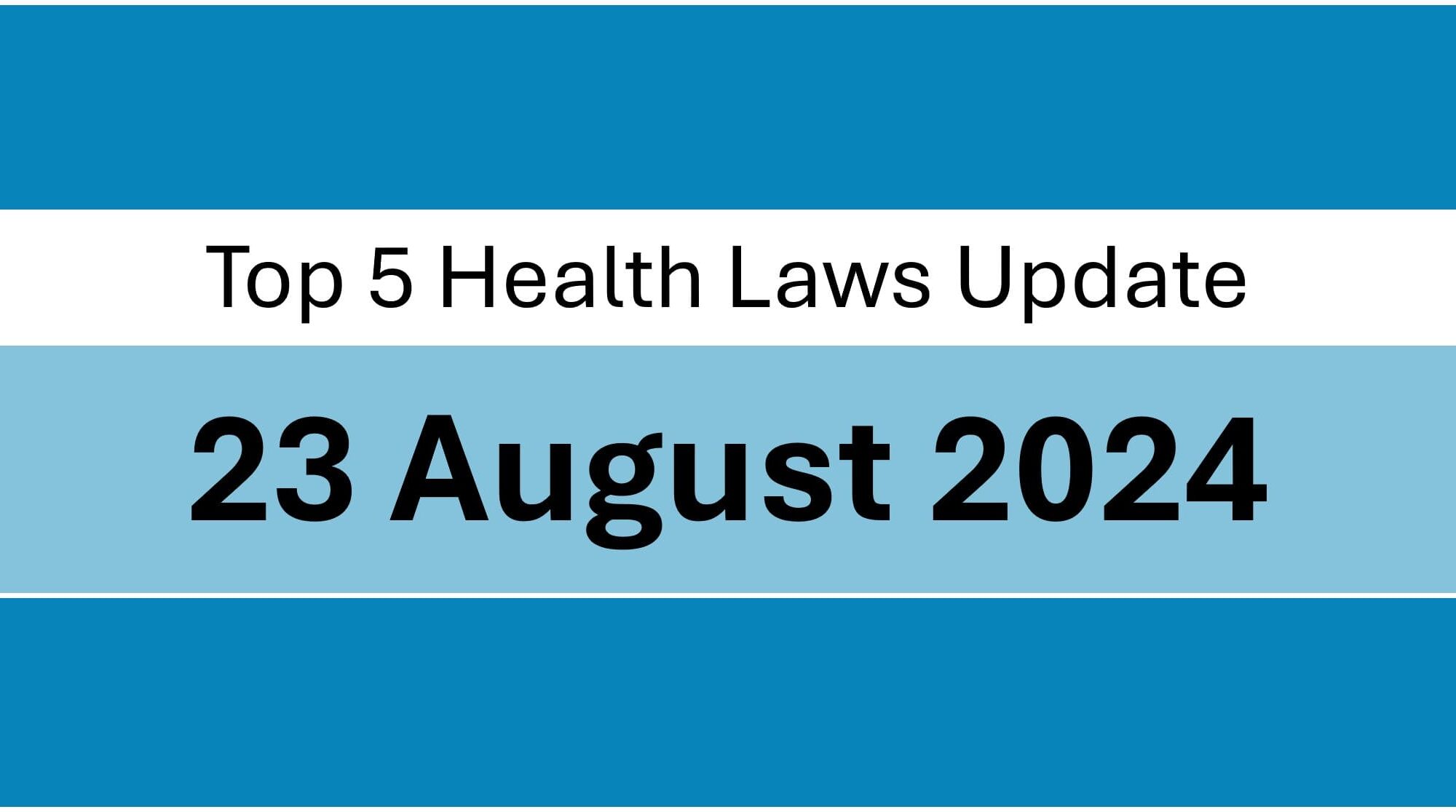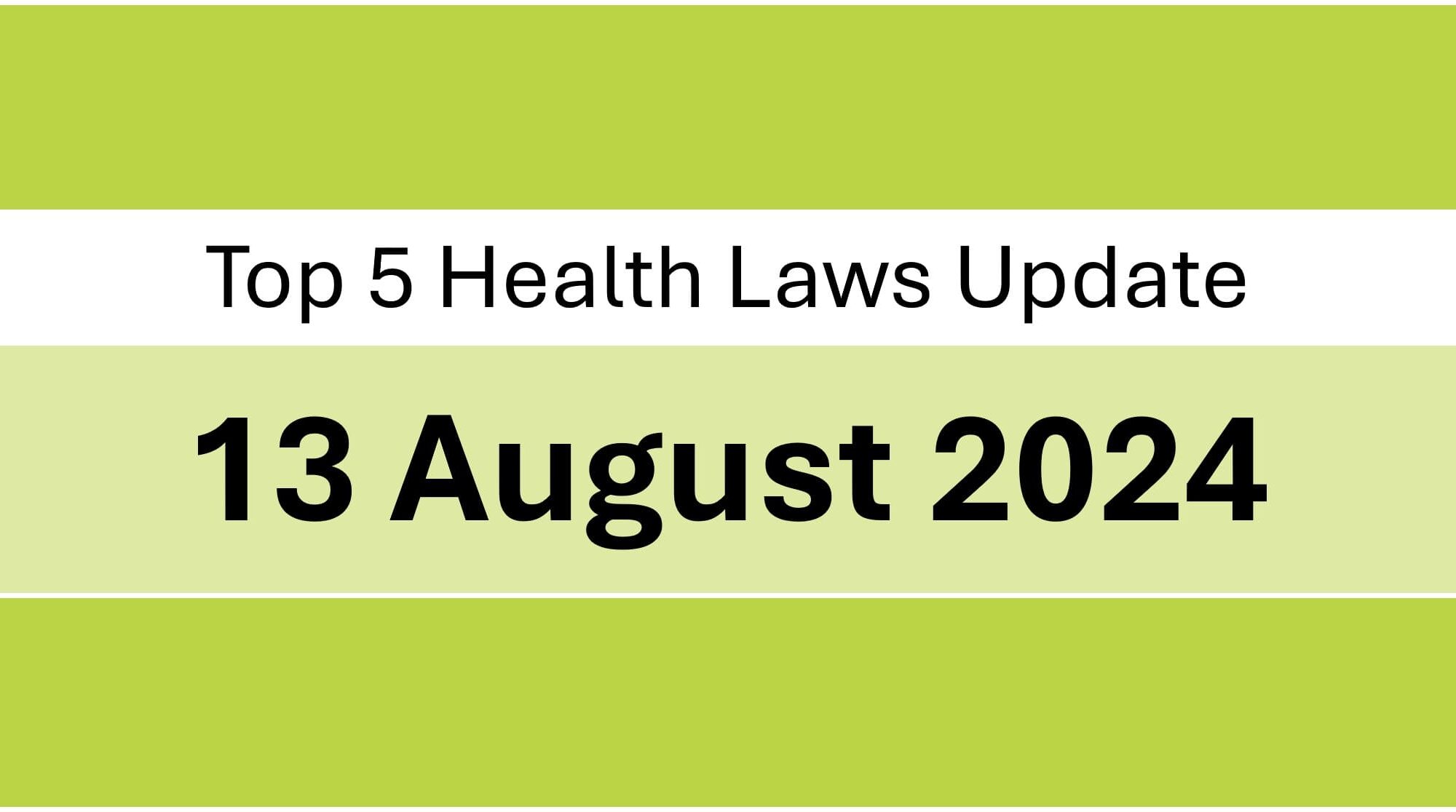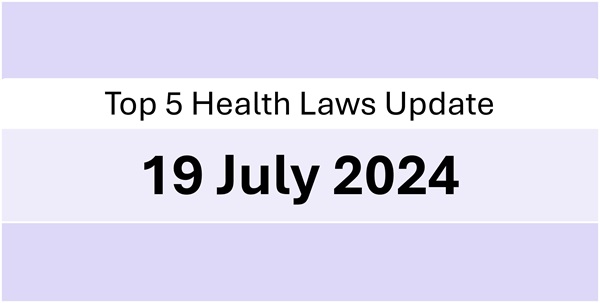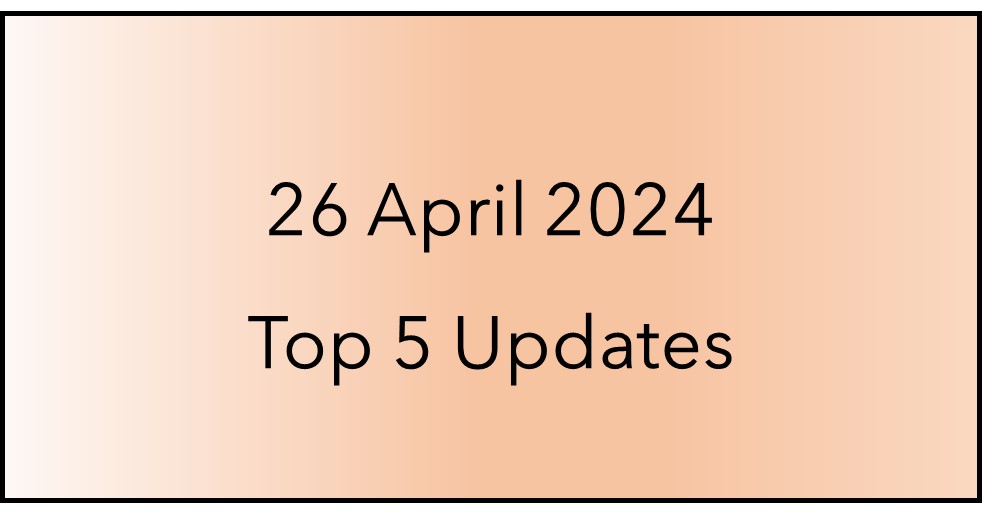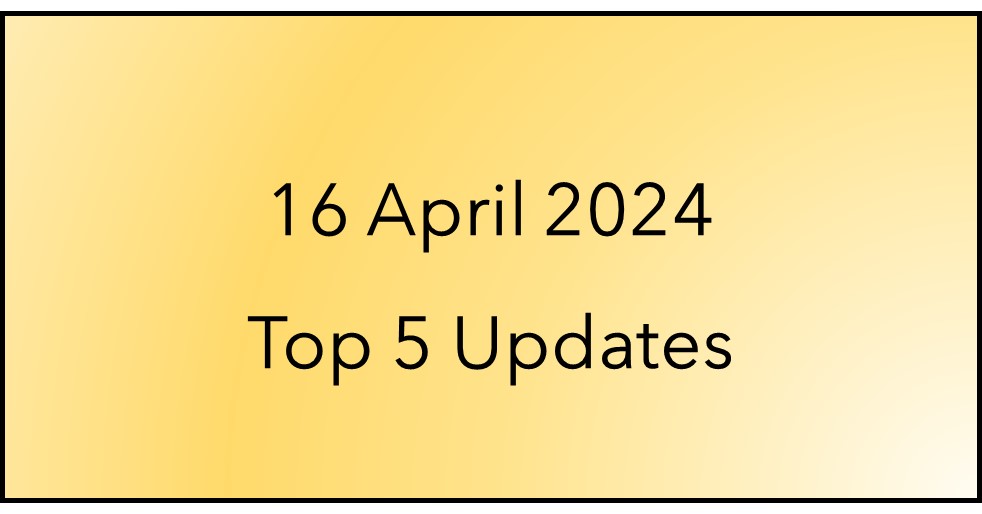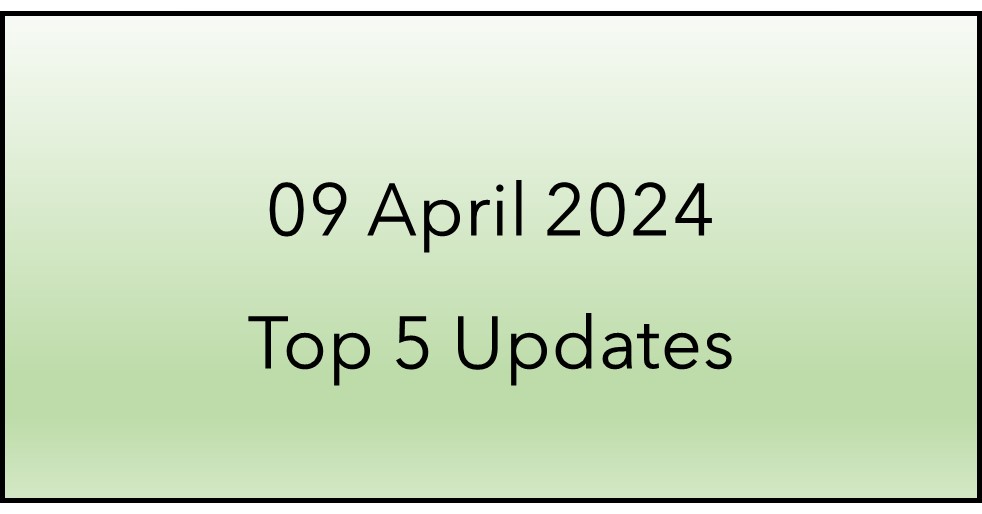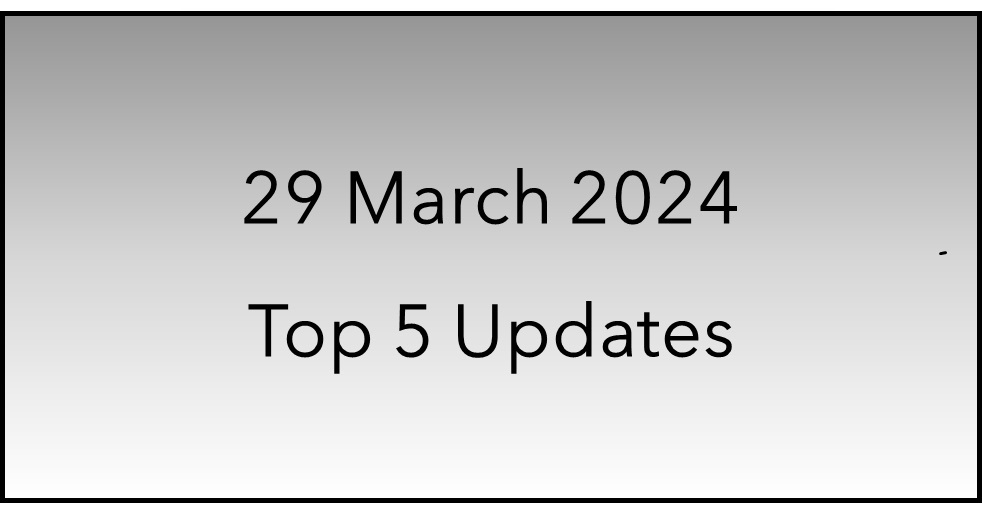1. India’s central food regulator, Food Safety and Standards Authority of India (FSSAI) has said that it is misleading to differentiate milk and milk products on whether they are made from A1 milk or A2 milk. All manufacturers and marketers and e-commerce entities have been directed to stop claims of A1 and A2 proteins present in the milk. All manufacturers have been given six months to exhaust all of the pre-printed labels containing claims about A1 and A2 proteins.
Source: bit.ly/4dz5awA
2. The Central Pollution Control Board (CPCB) has released updated guidelines for assessing environmental compensation to be levied on entities that violate the Plastic Waste Management Rules, 2016, including Extended Producer Responsibility (EPR) obligations.
Source: bit.ly/46Uh9lX
3. India’s Ministry of Health has banned the 156 fixed-dose combination (FDC) medications, commonly known as “cocktail drugs,” which include multivitamins, antibiotics, and painkillers. The ministry’s rationale is that these drugs have no there is no therapeutic justification and pose a risk to human health, even though there are safer alternatives available.
Source: bit.ly/3XfRVeq
4. The US Food and Drug Administration (FDA) has issued a draft guidance on pre-determined change control plans (PCCPs). The guidelines offer manufacturers a way to specify prospective modifications to a device and apply for premarket authorization for those changes in a marketing submission for the device. This eliminates the need for them to obtain FDA approval for each major change before it is implemented. The draft guidance is open to receiving comments from industry stakeholders till November 20, 2024.
Source: bit.ly/3AtTY5B
5. The Medicines and Healthcare products Regulatory Agency (MHRA), an agency of the Department of Health and Social Care in the United Kingdom, has ruled that a biopharmaceutical company has violated the country’s drug regulations by using a LinkedIn post to advertise prescription-only medicines to the general public.
Source: bit.ly/4fSmKgt

